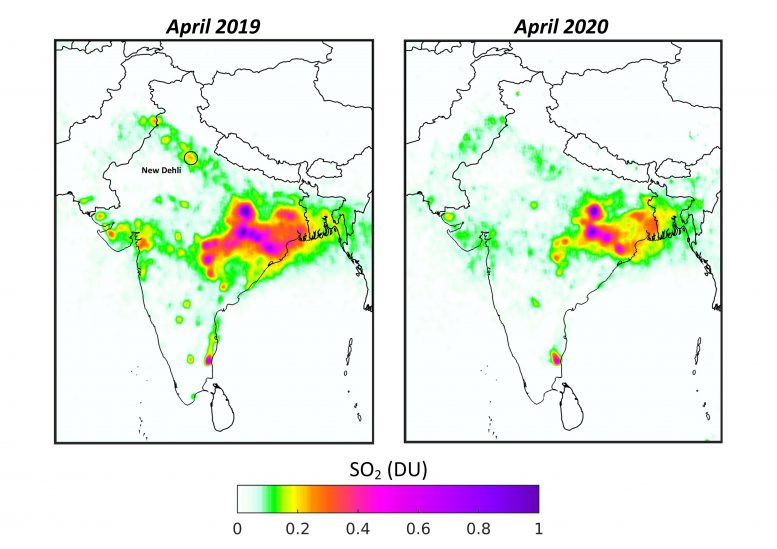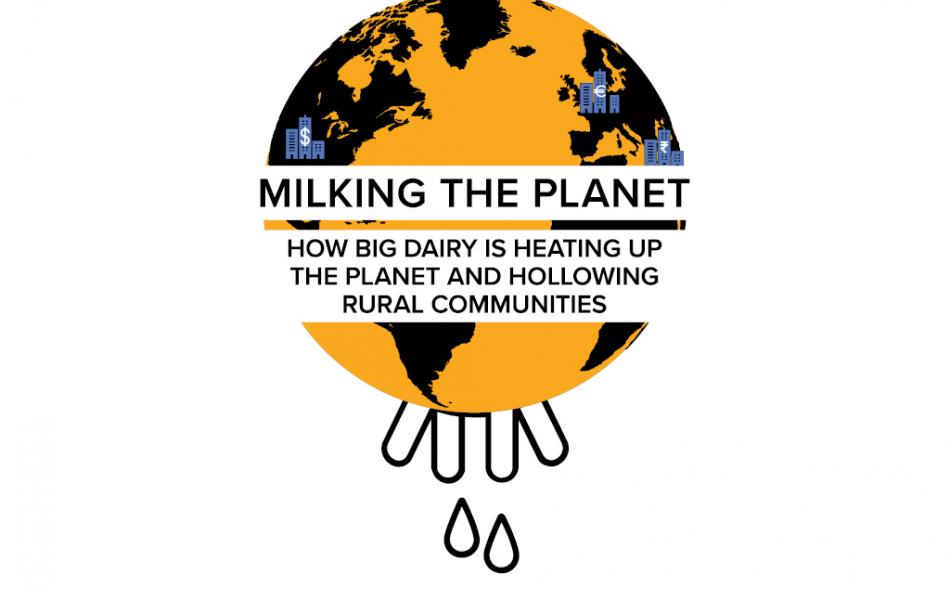As states throughout the U.S. lift stay-at-home orders, reopen businesses, and relax social distancing measures, this graph shows whether cases of COVID-19 are increasing, decreasing, or remaining constant within each state.
Continue reading at: America Is Reopening. But have we flattened the curve? - Johns Hopkins Coronavirus Resource Center
Continue reading at: America Is Reopening. But have we flattened the curve? - Johns Hopkins Coronavirus Resource Center





